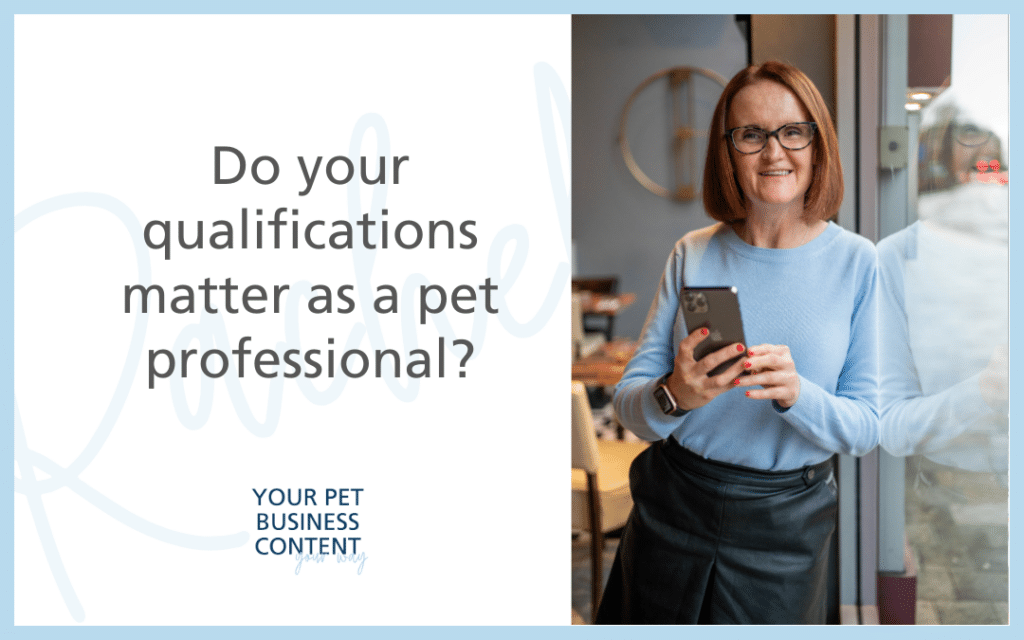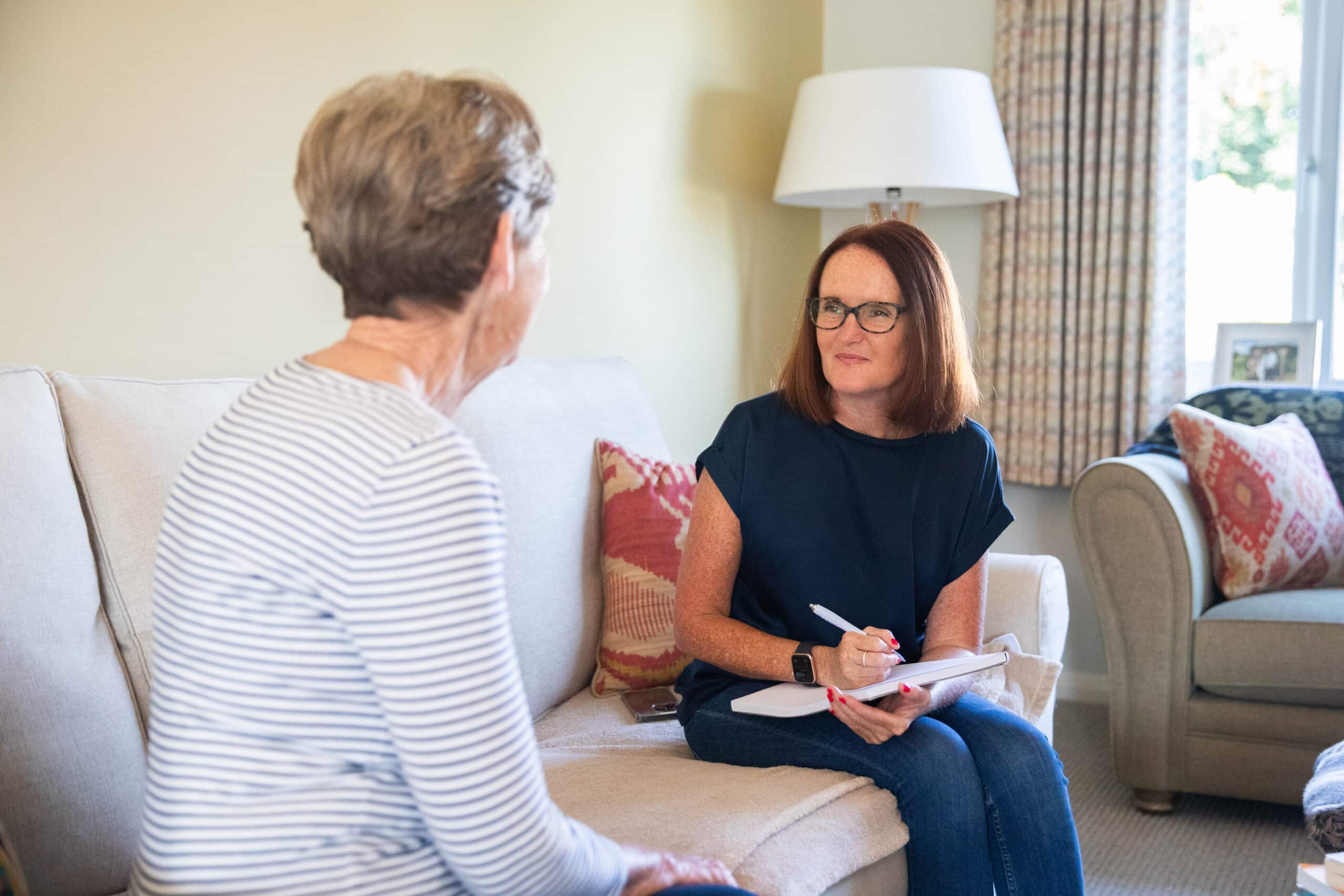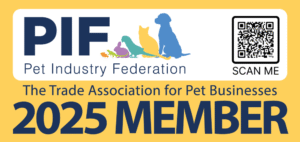Do qualifications matter when you’re working as a pet professional or running a pet business?
This is a topic that comes up regularly on my coaching calls, and online, with a range of clients from different parts of the industry.
It might be that you run a business creating products, and your qualifications might be around production, sustainability, marketing or HR if you have a team.
You might have a pet service business and have studied for a range of accreditations and certifications to demonstrate your expertise.
At the time of writing and recording this post and podcast (June 2024), there are still many areas of the pet industry that are unregulated.
This means you can set up a business as a pet professional, and there is no requirement when it comes to qualifications.
In this episode, I’m exploring whether this matters, or if people are more concerned with results.
Listen on the player link below or you can read the key points covered as a blog post.
‘No-one cares about your qualifications, it’s the results that matter…’
This was a comment I saw in a Facebook group on the topic of being qualified. The person in question was a coach, and she was sharing how she struggled to make sales.
The lady was very qualified and talked about her studying extensively and she was advised to stop doing this and to talk about her results.
It made me think, do people really care about your certificates? Is it simply results they’re after seeing?
A conversation with Jane Ardern last year on this podcast also made me think about this topic. When it comes to imposter syndrome, a lack of education and knowledge can be at the root of this, and her advice was to ‘get good at what you do, then get better.’
The quick-fix world we live in
Dog shows like Dogs Behaving Badly on TV make it look like serious behavioural challenges can be fixed in 10 minutes.
Demand for weight loss drugs like Wegovy and Ozempic, originally designed to treat diabetes, skyrocketed when they became available online and earlier this year through the NHS. Now, the firm behind Ozempic is expected to launch a new pill, Amycretin, where trials have seen patients lose 13 per cent of their body weight in 12 weeks.
Self-help books claim you can ‘transform your life in 30 days.’
The reality is that results take time
Zoe Willingham, who works with me as a one-to-one client, has a dog who has been attending her training classes since she was a pup. She’s now 16 and still wags her tail.
Two years ago, I joined Slimming World intending to lose 9lb, and it took me 18 months (it was when I stopped drinking that the final few pounds came off!).
A study by University College London found it took 66 days to start a new habit, never mind transform your life.
And let’s consider what pet owners want
There is little research when it comes to how pet owners feel about pet professionals being qualified, but what I was able to find was this:
It came from a report presented by Marnie Brennan, professor in epidemiology and director of the Centre for Evidence-based Veterinary Medicine at the University of Nottingham.
She was talking about ‘Preventative Healthcare and the Gen Z Client’ and explained that nearly two-thirds (62 per cent) of pet owners are millennials or Gen Z.
Client-centred care focuses on, “Assisting someone in developing that knowledge and skills and confidence, even, to make informed decisions about what goes in an animal,” said Marnie.
This method facilitates information flow from vet to owner, providing clients with the knowledge to make informed decisions about their pet.
The takeaway from her talk, as reported on this website Veterinary Practice, was that younger pet owners want to be as educated as possible about their pets and work with professionals who can enable this.
Marnie observed that vet clients, “Absolutely expect more than a vaccination to be given in a preventative healthcare consultation.”
While this example refers to pet owners and their vets, it’s fair to assume this thirst for knowledge and reassurance would extend to trainers, groomers, behaviourists, and other pet professionals in their pet’s life.
The levels of qualification in the pet industry
There are many education providers in the industry, and qualifications can range from a short online course to a Masters level degree.
This is not to dismiss new education programmes or training providers, but the situation is that there is no set framework for pet professionals to follow.
A University Degree BSc or Masters level qualification means studying at a university for three or more years and offers in-depth knowledge and practical experience. This is considered a comprehensive level of education.
However, you can also complete an online course with no practical experience that can earn you a certificate in less than half a day.
While convenient, these programmes are likely to lack the depth and hands-on practice needed for real-world situations.
Finding a credible training provider
If you’re unsure where to start, ask around and seek recommendations from people you respect and admire.
Here are some reputable organisations to consider:
- National Pet College
- iPet Network
- College of Animal Welfare
- City and Guilds
- Association of Pet Dog Trainers (APDT)
- Association of Pet Behaviour Counsellors (APBC)
- Animal Behaviour & Training Council (ABTC)
- Pet Professional Guild (PPG)
- Institute of Modern Dog Trainers (IMDT)
- Professional Association of Canine Trainers (PACT)
My personal experience and why being qualified as a coach is important to me
I decided to study for a coaching and mentoring qualification because, despite calling myself a coach, I realised I wasn’t formally qualified.
This troubled me because I wanted to ensure I was truly equipped to support my clients professionally, personally, and emotionally.
This qualification has given me confidence in my work and has clearly differentiated me from others.
I know many coaches who have had no formal training, and while they might be effective, having a solid educational foundation ensures that I am well-prepared to handle the diverse needs of my clients.
What are the values of the clients you want to work with?
Do you want clients who are looking for the cheapest option? Who don’t dig into your credentials and competencies?
Or are you looking for clients who seek the reassurance of working with a qualified professional committed to staying on top of everything they need to know in their field?
Why qualifications matter if you’re looking to be featured in the press
If you’re appearing in the press, and putting yourself forward as an expert, a decent journalist will want to know you’re qualified to do so.
If you’re looking to be featured as an in-house expert, where you will be quoted in the media, the brand will ask you about your credentials and experience.
Caroline Wilkinson, from BarketPlace, works with Forthglade Pet Food, for example, and she’s a qualified clinical animal behaviourist.
You can listen to an interview with Caroline on the podcast here.
While I wouldn’t encourage your website to be a list of acronyms, you want to have your credentials, accreditations, certificates, and memberships of professional bodies there to give that reassurance.
Balancing credentials and results
How do you strike a balance between highlighting your credentials and showcasing the results you can deliver?
Here are some key points to consider:
- Build trust with credentials: Highlight your qualifications to show that you are knowledgeable and reliable.
- Shout about your results!: Use case studies and testimonials to demonstrate the value and outcomes you can provide.
- Understand your audience: Consider if you want to work with clients who only care about quick transformations or those who value a more thorough, qualified approach.
Conclusion on whether qualifications matter as a pet professional
Ultimately, it’s about striking a balance.
As pet professionals, you need to build trust with your qualifications and showcase your ability to deliver results.
I’d love to know your thoughts on this topic.
Do you think qualifications matter more, or are results the ultimate proof of expertise?
If you’d like to carry on the conversation, come and say hi on social media. You can find me on the links below.
Let’s chat on Instagram: https://www.instagram.com/rachelspenceruk
Follow me on Facebook: https://www.facebook.com/rachelspenceruk
Connect on LinkedIn: https://www.linkedin.com/in/rachelspenceruk
Links
Create a pet business you love and put you first with Jane Ardern
Caroline Wilkinson on growing a successful online dog training business
Seven ways to be the go-to expert as a pet professional
In the spotlight with Katie Gwilt from The Kat Lady
Zoe Willingham from Best Behaviour Dog Training on building a successful dog training academy














